Nuts are the "silent bodyguards" that protect the heart.
Not ginseng or detox juice, the nuts that many people consider a snack to munch on when they are bored are actually the silent "bodyguards" for the heart.
Large, decades-long studies by the Harvard TH Chan School of Public Health show that eating just a handful of nuts a day can reduce the risk of heart attack, stroke, and death from heart disease by 30 to 50 percent. What makes these tiny seeds such a “miracle drug” for the heart?
Benefits of nuts for the heart
A study using data from more than 210,000 health professionals over 32 years from the Harvard TH Chan School of Public Health found that people who ate about 28g of nuts five or more times a week had a 14% lower risk of cardiovascular disease and a 20% lower risk of coronary heart disease — the most common cause of heart-related death — compared with people who never or almost never ate nuts.
Explaining this special ability, nutrition experts point out that nuts are a very rich source of unsaturated fat, which is the type of fat that can lower bad cholesterol (LDL); increase good cholesterol (HDL); help reduce inflammation levels related to heart disease; prevent blood clots and stabilize heart rhythm.
In particular, plant omega-3 fatty acids, especially abundant in walnuts, are considered a “natural aspirin,” helping to reduce the risk of stroke and heart rhythm disorders.
In addition, fiber and phytosterols in seeds have the ability to reduce cholesterol absorption from food and protect blood vessel walls, preventing plaque buildup that causes atherosclerosis - the main culprit of heart disease.
Not to mention, nuts are also rich in antioxidants, vitamin E, magnesium and potassium - a nutritional quartet that helps control blood pressure, reduce inflammation and promote blood vessel health.
Walnuts
Walnuts stand out for their high content of plant-based omega-3 fatty acids, which help reduce inflammation and improve vascular endothelial function.
Walnuts
Research shows that daily consumption of walnuts can reduce the risk of coronary heart disease and improve blood lipids. In addition, walnuts also contain powerful antioxidants such as polyphenols, which support brain health and reduce the risk of chronic diseases.
Almond
Almonds are rich in vitamin E, magnesium and fiber, which help lower LDL cholesterol and increase HDL cholesterol. According to studies, daily consumption of almonds can improve blood lipids and reduce the risk of cardiovascular disease. In addition, almonds also provide calcium and phosphorus, supporting bone and tooth health.
Pistachios
Pistachios are high in protein, fiber, and antioxidants like lutein and zeaxanthin, which support eye and heart health.
Researchers say eating pistachios daily can lower blood pressure and improve vascular endothelial function. In addition, pistachios also help control weight and reduce the risk of metabolic syndrome.
Hazelnut
Hazelnuts are also known as hazelnuts and are quite similar to chestnuts.
Hazelnuts are a good source of vitamin E, manganese, and powerful antioxidants that help reduce inflammation and protect cells from damage. Research shows that consuming hazelnuts can improve blood lipids and reduce the risk of cardiovascular disease. Additionally, hazelnuts support brain health and reduce the risk of neurodegenerative diseases.
Walnuts
Pecans are rich in monounsaturated fatty acids and antioxidants like ellagic acid, which help reduce inflammation and improve heart health.
Health experts say that consuming pecans can reduce LDL cholesterol and improve vascular endothelial function. In addition, pecans also support weight control and reduce the risk of metabolic syndrome.
Peanuts
Although botanically peanuts are legumes, nutritionally they are similar to other nuts.
Peanuts are rich in protein, fiber, and unsaturated fats, which help lower cholesterol and improve heart health. Research shows that peanut consumption can reduce the risk of heart disease and aid in weight control.
Cashew
Cashew
Cashews are rich in magnesium, zinc, and unsaturated fats, which help lower blood pressure and improve heart health. Research shows that consuming cashews can improve blood lipids and reduce the risk of cardiovascular disease. In addition, cashews also support bone health and the immune system.
How to eat seeds effectively?
According to the FDA, the recommended amount of about 28 grams of nuts/day, equivalent to a standard bag of nut snacks or a handful of nuts in the palm of your hand, is enough for you to enjoy this benefit. However, note that you should choose nuts:
No salt or salty seasoning.
No frying.
Prefer raw, lightly roasted or eaten raw.
You can eat it directly, mix it into yogurt, salad, oatmeal or make nut butter to spread on bread instead of butter.
Store seeds properly: Keep seeds in a sealed container, in a dry place, away from direct sunlight to maintain freshness.
Allergy Caution: If you have a history of nut allergies, consult your doctor before adding them to your diet.
TB (summary)
Source: https://baohaiduong.vn/7-loai-hat-la-than-duoc-tang-cuong-suc-khoe-tim-mach-411216.html


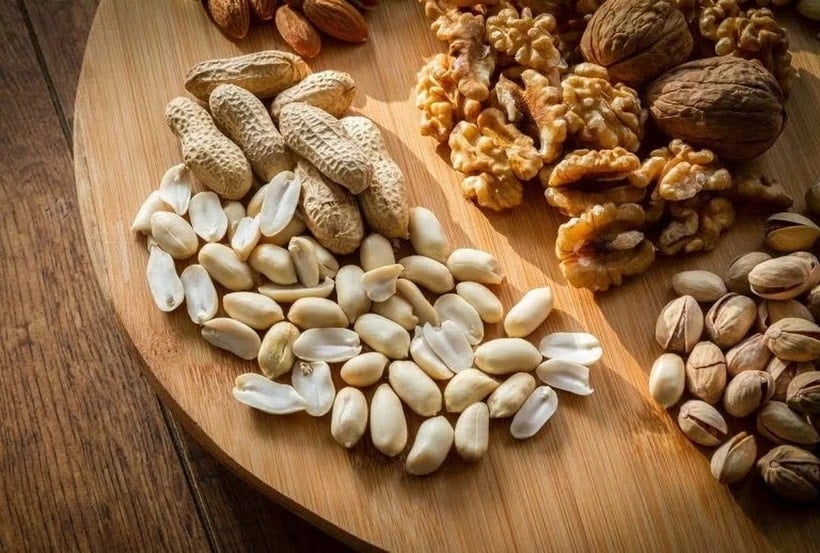
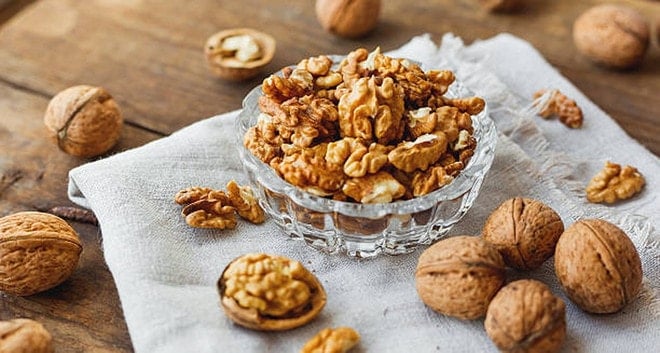
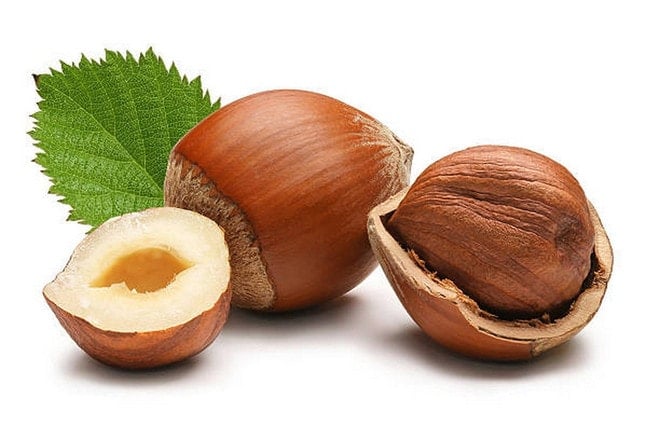
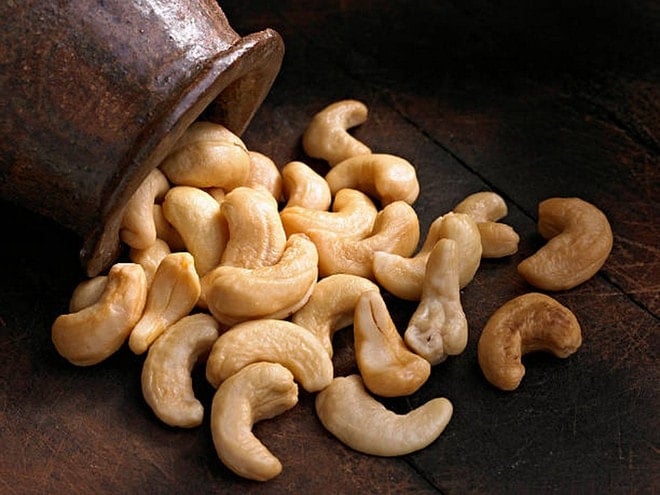















































































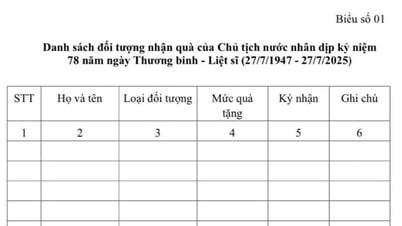
















Comment (0)